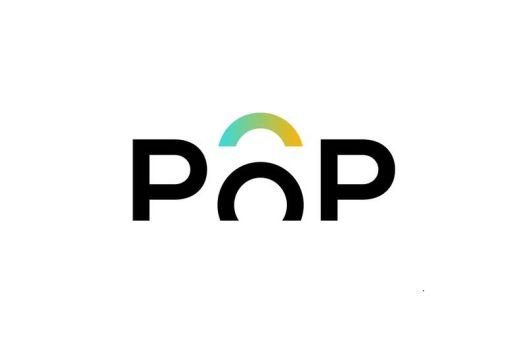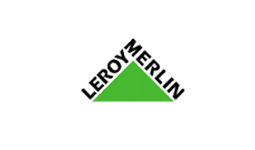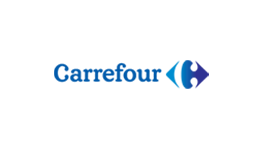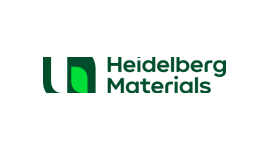Mandatory Electronic Invoicing in Argentina
Learn how to get your company ready to exchange documents in accordance with Argentina requirements with the support of Comarch
Learn how to get your company ready to exchange documents in accordance with Argentina requirements with the support of Comarch

Electronic invoicing is mandatory in Argentina for all taxpayers, including self-employed individuals. It streamlines operations across various sectors, with different invoice types issued based on tax status and the nature of transactions, such as A, B, C, and export invoices.
Since April 1, 2019, all companies have been required to issue electronic invoices in XML format. Argentina has introduced a clearance model similar to other LATAM countries. In addition, the gradual implementation of QR codes on every e-invoice has been mandatory as of April 1, 2021.
The Secretariat for Small and Medium Enterprises (MiPyMEs) in Argentina has announced an extension for the acceptance and rejection of Electronic Credit Invoices (FCE) under Resolution 480/2024. From November 1, 2024, to October 31, 2025, businesses will have a 21-day window to approve or reject these invoices, aligning with provisions in the Productive Financing Law (Law 27,440).
E-invoicing timeline related to B2B and B2G sectors:
 2019
2019 2021
2021
The required storage period is 10 years from the invoice date.

All invoices must be authorized by the Federal Administration of Public Revenue through a system that includes both a unique Electronic Authorization Code and a QR code. To create a valid e-invoice (eFactura), the issuing company must follow a predefined process:
1. Create an XML file: The issuer needs to create an XML file and fill it in with all relevant tax and recipient information, along with a digital signature.
2. Request an electronic authorization code (CAE): The code must be obtained from the AFIP to validate the invoice.
3. Obtain an authorization for the finalized invoice: The issuing company needs to submit the invoice to the AFIP through one of their online services. The invoice is then authorized by AFIP in real time.
4. Send the validated invoice to the recipient: Once authorized, the invoice can be sent to the client.
5. Accept or reject the Electronic Credit Invoice (FCE): The receiving company has the option to accept or reject the FCE within the specified period. If no action is taken within the deadline, the FCE is automatically considered accepted.
6. After acceptance, the FCE becomes an enforceable and non-negotiable security, and the payment process can begin.
For MiPyMEs, the Electronic Credit Invoice (FCE) system facilitates early payment on invoices, especially in transactions with larger companies. By issuing an FCE, these businesses can improve their working capital and secure faster payment cycles. To participate in the system, both the issuer and the recipient are required to have an Electronic Tax Address, and the issuer must have a registered bank account.


Comarch is committed to meeting all regulatory requirements and will ensure full compliance through future partner cooperation.

We have 20+ years of experience in carrying out various EDI, e-invoicing, and other document exchange projects around the world. In those years, we have successfully connected more than 130,000 entities from over 60 countries.
Full compliance with the latest data exchange regulations and modern data transfer standards
Applying new technologies and IT solutions in order to streamline workflows and automate activities and procedures
Tailor-made solutions based on processes specific to each company – own road map and a suitable pace of changes
Highest level of security for all sensitive and important company data
If your company is based or has branches in the Slovenia and you need to prepare your billing and tax systems to comply with the new requirements. Click on the button below to get in touch with one of our experts.
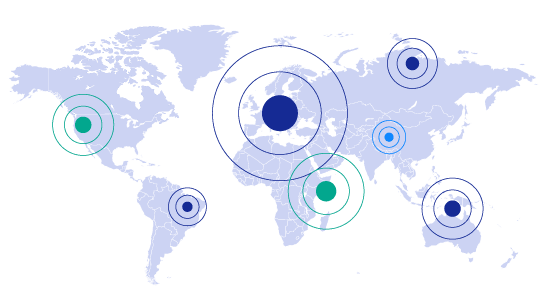
Make sure your business meets international standards with the Comarch e-Invoicing platform, trusted in more than 60 countries. Enjoy hassle-free integration and continuous compliance updates.
